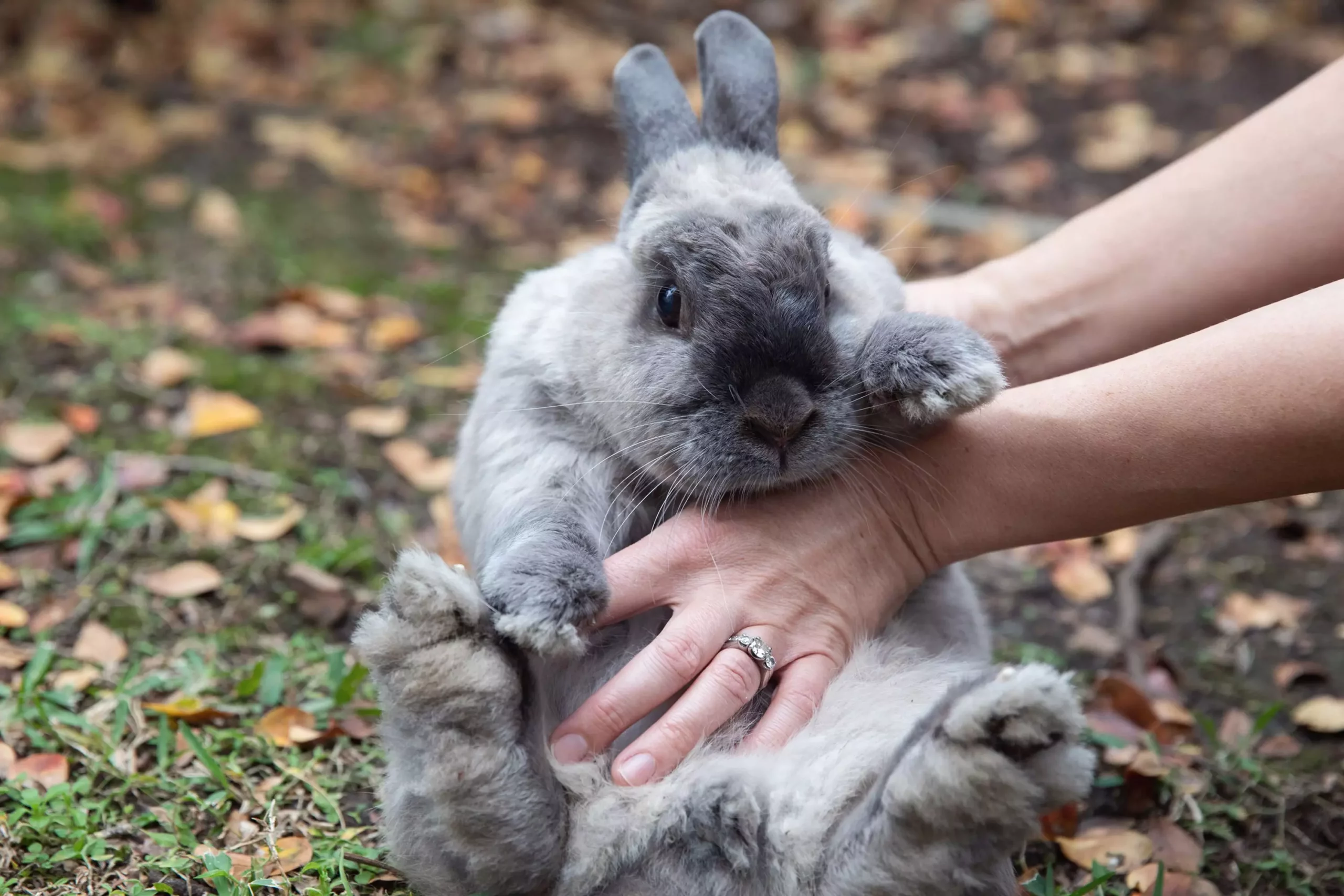Having a pet is often portrayed as a joyful and fulfilling experience, but the financial implications of ownership can be less glamorous. If you are considering welcoming a rabbit into your household—whether for yourself or your child—it is vital to understand the economic responsibilities associated with pet ownership. Rabbits can live anywhere from 8 to 10 years, and their care requires not just a one-time investment but also ongoing expenses that can add up significantly over the years.
The first expenditure you will confront is the cost of acquiring your new pet. The price of a rabbit can vary widely based on factors such as breed and the source from which you acquire it. For example, if you adopt from a rescue or 4-H club, you might pay as little as $5 to $20 for a rabbit. Conversely, purchasing a rabbit from a pet store may set you back $20 to $40, and specialized breeds from breeders can cost up to $100 or more. Unique breeds like Jersey Woolies or Flemish Giants often come at a premium.
In addition to the initial cost of the rabbit, you’ll need to budget for a suitable living environment. If your rabbit will reside outdoors, a sturdy hutch is essential, typically costing around $150 to $200. Indoor cages can range from $50 to $100, depending on design and size. For those lucky enough to provide a rabbit-proof room, you might find you require a smaller cage, allowing your pet the freedom to roam safely around its new home.
Once you have your rabbit settled into its new environment, you must also consider the recurring expenses that are crucial for ensuring your pet’s well-being. Expect to spend approximately $40 per month on food, bedding, and toys. This cost can vary depending on whether you buy in bulk or choose organic options and treats. Regularly providing your rabbit with fresh hay, vegetables, and chew toys is vital not only to their happiness but also to their overall health.
Hygiene is another consideration, as rabbits require clean bedding and regular grooming. Depending on the complexity of your pet’s needs, you may find yourself investing in grooming supplies as well. Proper care will help to avoid costly health issues down the line. When budgeting for a rabbit, it’s prudent to factor in these ongoing expenditures to avoid any financial surprises.
Veterinary care is another critical aspect of owning a rabbit. The initial cost of spaying or neutering your pet can range from $125 to $250. While this may seem steep, it’s often essential for preventing behavioral issues and serious health problems later on. Additionally, an annual check-up with an exotics veterinarian generally costs between $35 and $65.
It’s also wise to consider pet insurance to help cover unexpected medical costs. While options are limited, VPI Pet Insurance provides plans for exotic pets, including rabbits. Health issues are not uncommon in rabbits, and you may find yourself facing exorbitant costs if your pet develops a serious condition like ileus.
The financial responsibilities of rabbit ownership don’t stop with food and vet bills. Prepare for additional costs you may not have initially considered. For example, if you travel and need boarding or pet care services, be sure to account for those charges. Additionally, maintaining a rabbit-proof home is imperative to avoid costly repairs; rabbits are notorious chewers and may damage furniture or electrical cords if left unattended.
Moreover, you may need to spend money on grooming, especially with long-haired breeds or during shedding periods. These ongoing costs can sneak up on a new pet owner, so it’s crucial to maintain a comprehensive budget for your rabbit’s needs.
Owning a rabbit is a long-term commitment with significant financial implications that prospective owners should carefully consider. From initial setup costs to ongoing care and unexpected expenses, the total investment can easily exceed several thousand dollars over the lifespan of your pet. While the joy of having a rabbit can be immeasurable, it is essential to come prepared and informed. By understanding the responsibilities of pet ownership, you can ensure a happy and healthy environment for your furry friend. Remember, a rabbit is not just a pet—it’s a commitment for a decade or longer.

